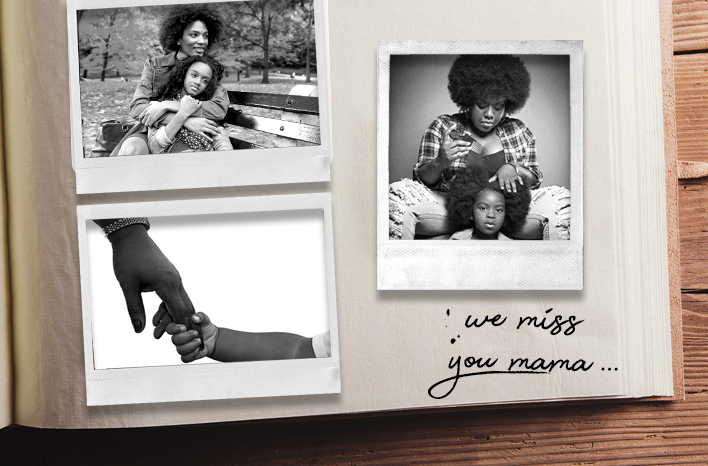
Some activists say Nashville’s new pre-trial release program, which aims to increase the number of low-income defendants released without having to pay bail, is not doing enough to keep poor people from waiting behind bars. They’re responding by organizing a “bail out” this weekend, part of a national campaign to get black moms home for Mother’s Day.
Davidson County’s initiative for non-violent and misdemeanor offenders was
unveiled last month
. It was supported by judges, law enforcement, prosecutors and public defenders.
The program uses a scoring system, rating defendants on the likelihood that they’ll return for court and whether they’re likely to be involved in more criminal activity.
James Mungin
, a PhD student at Meharry
Medical College, says he worries that leaving the final decision in the hands of a judge still allows for personal prejudice.
“It broadens the guidelines, but once again it gives the commissioners and general court judges a lot of discretion,” says Mungin
.
He is a local organizer with
Southerners On New Ground
, an LGBT advocacy group and one of the coordinators of the national “Black Mama Bail Out” action.
The campaign raised funds to pay for the bail of as many mother and caretakers as possible so they can be home for Mother’s Day. That includes gender non-conforming and trans women.
They’re hoping to call attention to the effect of the cash bail system on low-income residents who “can’t afford to buy their freedom” before going on trial, the campaign says.
Similar actions are taking place in Atlanta, New Orleans, Philadelphia, Asheville and a number of other cities over the weekend.
Organizers are focusing on black women because, while their rate of incarceration has decreased, they are still arrested at
twice the rate
of white women, according to data from the Sentencing Project.
A prolonged stint in jail — even for a minor offense, and even if the person is later found innocent — can lead to permanent repercussions.
“If they are in jail and can’t afford to pay bail, there’s a lot of destabilization in their communities,” says Mungin
. “Mothers lose their children, they lose their homes, and they lose their jobs.”
Research has also found African-Americans are
less likely to be released
on their own recognizance — meaning, in exchange for promising to appear in court — and are more likely to be charged higher bail for the same crimes.
Currently, 98 African American women are in holding in Davidson County jails. According to the Sheriff’s Office, almost 40 of them are eligible to bond out, but haven’t.
Members of Southerners On New Ground say they plan to pay bail for as many of the women as they can afford to. But first, they will interview them to identify any other resources they may need upon release — like housing assistance, healthcare services or substance abuse counseling. Then, they will be matched up with a case manager who will stay involved as they make their way through the court system.


